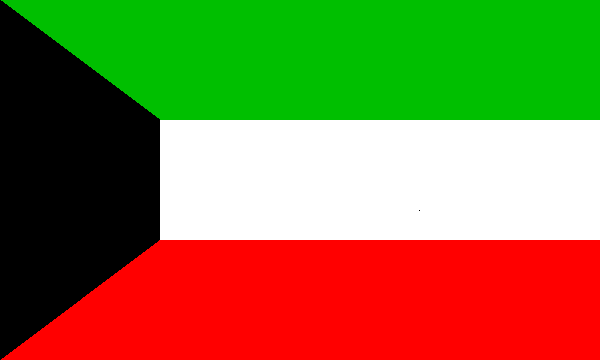Islamic comic book heroes provide alternate take on culture
 Kuwait City - Looking at a world where hate-filled preachers could convince angry young Arabs to blow themselves up in Baghdad, New York or London, Naif al-Mutawa wondered if there was a way to present a more constructive alternative.
Kuwait City - Looking at a world where hate-filled preachers could convince angry young Arabs to blow themselves up in Baghdad, New York or London, Naif al-Mutawa wondered if there was a way to present a more constructive alternative.
That was six years ago. Nowadays, some say, he has succeeded, with his comic book series, The 99, which provides Islamic children with positive Islamic role models espousing tolerance while living in
their faith.
At the same time, al-Mutawa has created something cool enough to draw in children from both New York and Saudi Arabia. And to make sure that the comic is up to snuff, he's enlisted artists who have previously worked on comic books giants like Batman and Superman.
The 99 - derived from the 99 attributes of Allah - focuses on 99 people who have come into possession of the mystical Noor stone. About half of them are female.
Each stone gives its wielder certain powers, transforming them into characters like The Watcher or The Guide. Their powers are much in the vein of popular comic book characters and make no specific allusions to Allah.
International TV production company Endemol, known for shows like Big Brother and Who Wants To Be A Millionaire, is already at work on an animated television series based on the comics.
Twenty-six episodes are planned, with initial production runs in English and Arabic.
Meanwhile, Italian firm Panini, a big name in the comics industry, is working on plans to produce the comics in Turkey starting in September. They already appear in many Arab states, Indonesia, India and the United States.
In a related development, Kuwaitis saw the opening of the first 99-themed amusement park two months ago.
Al-Mutawa is a devout Muslim, but also a citizen of the world as comfortable in New York as in Dubai or Amman. The father of five boys hopes to use his comics to provide "positive Islamic images" for Muslim children.
Nonetheless, he strives not to make religion the central point of his comics.
"It's as religious as Spider-Man," says the 37-year-old businessman.
Readers have to look closely to notice the Islamic touches. Many of the 99 heroes who are looking for the stones - originally from Baghdad but now strewn around the world
- are from the Islamic world.
There is Jabbar, the Powerful from Saudi Arabia and Rola Hadramy, the black-veiled fighter from Yemen. There's also Murat Uyaroglu - Rafie, The Lifter - the protector of his tribe who can control gravity to lift himself and others effortlessly into the air.
But the heroes also include a wheelchair-bound American named John and an inventor from Hungary.
"From day one I created this with an eye on the US, European, Japanese and Chinese markets," says al-Mutawa.
Al-Mutawa's heroes don't fight against infidels. Rather, they fight against those who try to destroy wisdom and knowledge. The story also has an historical element - it begins with the Mongolian invasion of Baghdad in 1258.
There is also philosophy weaved into the story, but in such a subtle way so as not to disrupt the action.
For al-Mutawa, who started out writing children's books, The 99 is simultaneously a business and a fight for a better world. The trained psychologist knows about intolerance, dictatorship and cruelty firsthand, thanks to his work in the United States in the 1990s with victims of torture.
Some of his patients were from Iraq, Kuwait's neighbour which briefly occupied Kuwait in 1990 until a US-led alliance forced Iraqi troops back within their borders.
Unlike some of his countrymen, who have nothing but vitriol for Iraq, al-Mutawa says he has sympathy because of what he learned from those victims of torture. It has made him a fighter for tolerance and cultural understanding.
Perhaps then, it's no accident that Dr Ramzi, a scientist in the comic who is on the search for the mystical stones, bears some resemblance to al-Mutawa, with his cropped beard, glasses, tie and suit. (dpa)